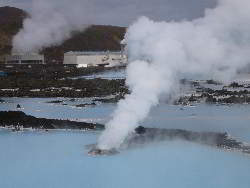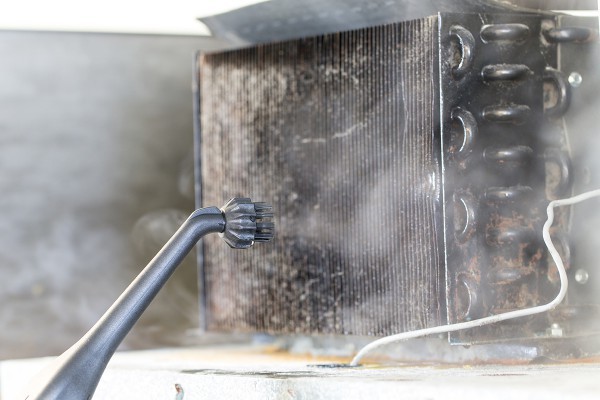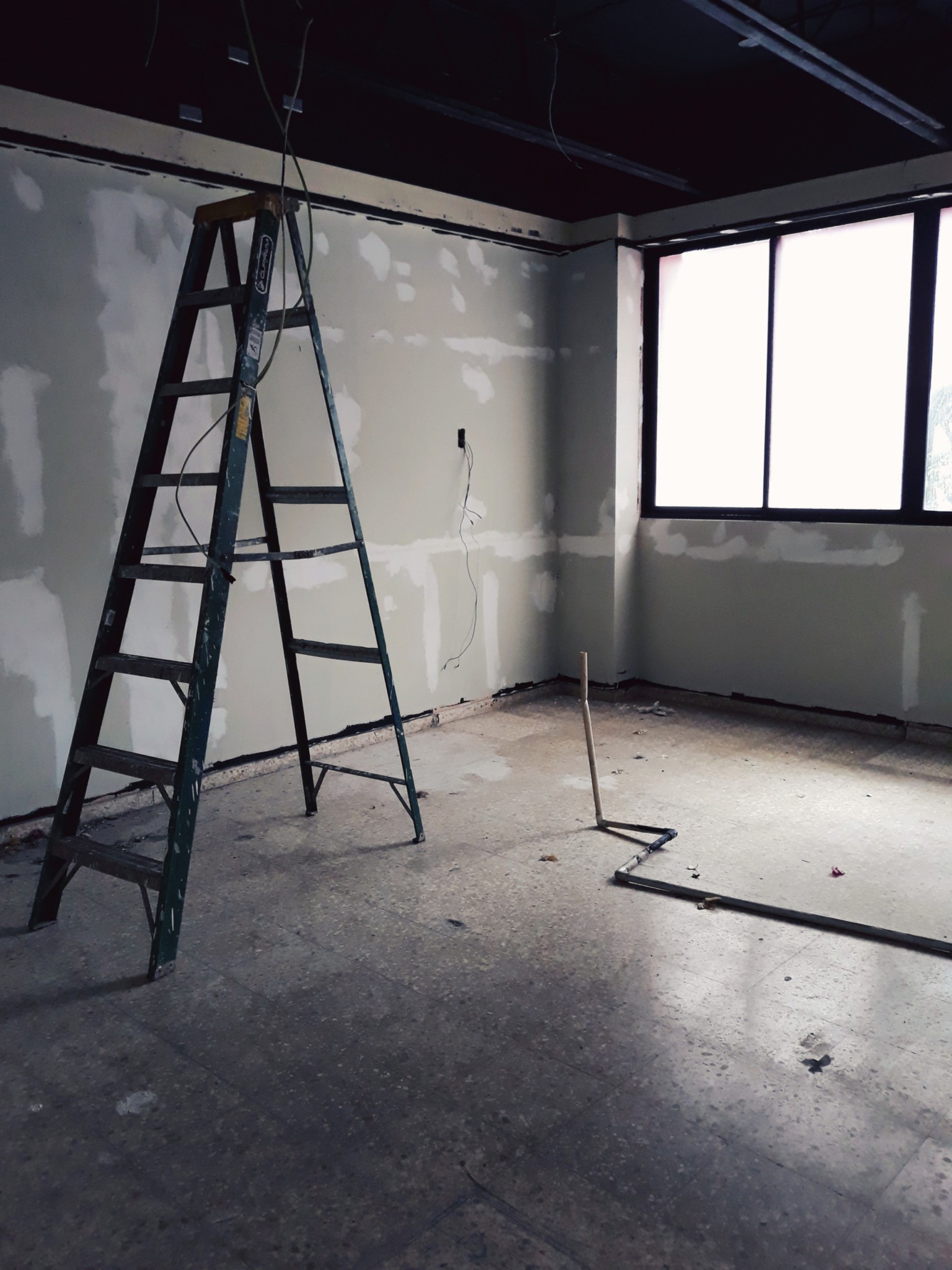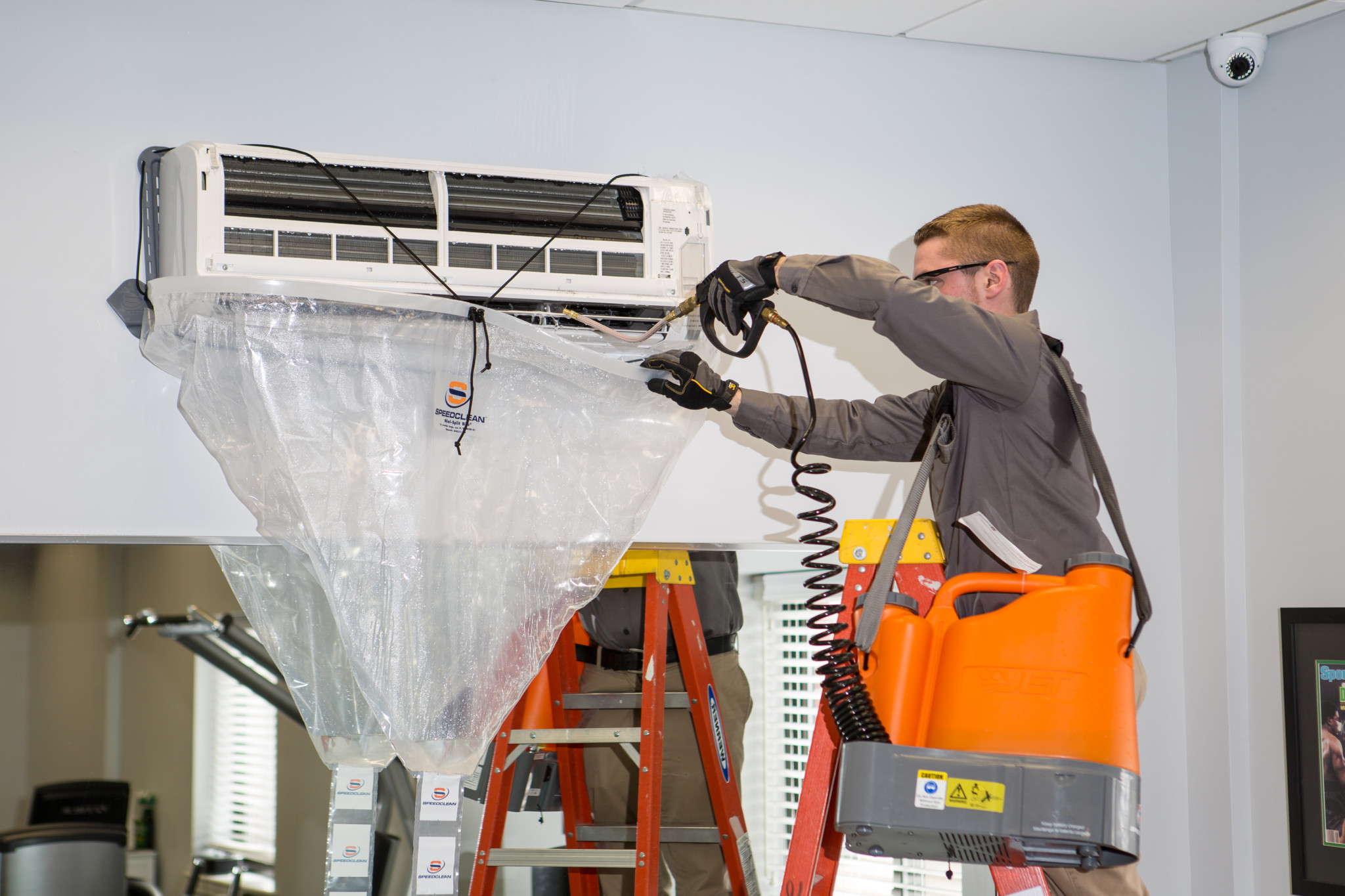Geothermal heat pumps are hot! Pike Research, a cleantech research firm, forecasts that annual sales of geothermal heat pumps in the U.S. will double over the next 6 years. They estimate 2017 sales to reach 326,000 units, up from about 150,000 units shipped in 2011. That’s potentially a lot of HVAC business for you – especially in new construction projects.

Geothermal Has a viable future.
Geothermal heat pumps currently represent only about 1% of the residential heating and cooling market, but they have gained a devoted following. Efficient and reliable, they are suited for use in any part of the country. Also known as ground source heat pumps, they are durable, requiring little maintenance. And they’re a lot less expensive to run. The EPA cites energy cost savings of 30-60% over conventional systems.
Tax incentives are helping to drive the dramatic growth in the market. Through 2016 the federal government offers a credit of 30% on the cost of installing an approved geothermal system, taking a huge bite out of the initial cost.
Still, sticker shock is common. Installing a residential geothermal heat pump system will set a homeowner back between $10,000 and $30,000, on average. This sizable investment works well in new construction, where the additional few dollars on the mortgage payment is more than offset by utilities savings. It’s harder to swallow those costs on an existing home.
But that 30-60% savings on energy bills adds up. According to the EPA, the additional costs of installing a geothermal system can be recouped in energy savings in as little as 3–10 years. The savings are especially significant when compared with running older, less efficient systems. National Public Radio reported in March, 2011, on a family that slashed its monthly cold-season heating bills from $600 to $100 by replacing an aging oil furnace with a geothermal system.
Demand will probably continue to increase in the future, pushed by rising energy prices, growing demand for electricity and regulations on efficiency.
Have you seen an increased demand for geothermal in your area or in your HVAC business? What do you see as its biggest benefits and drawbacks? Any advice for those just getting into the market?






Leave A Comment